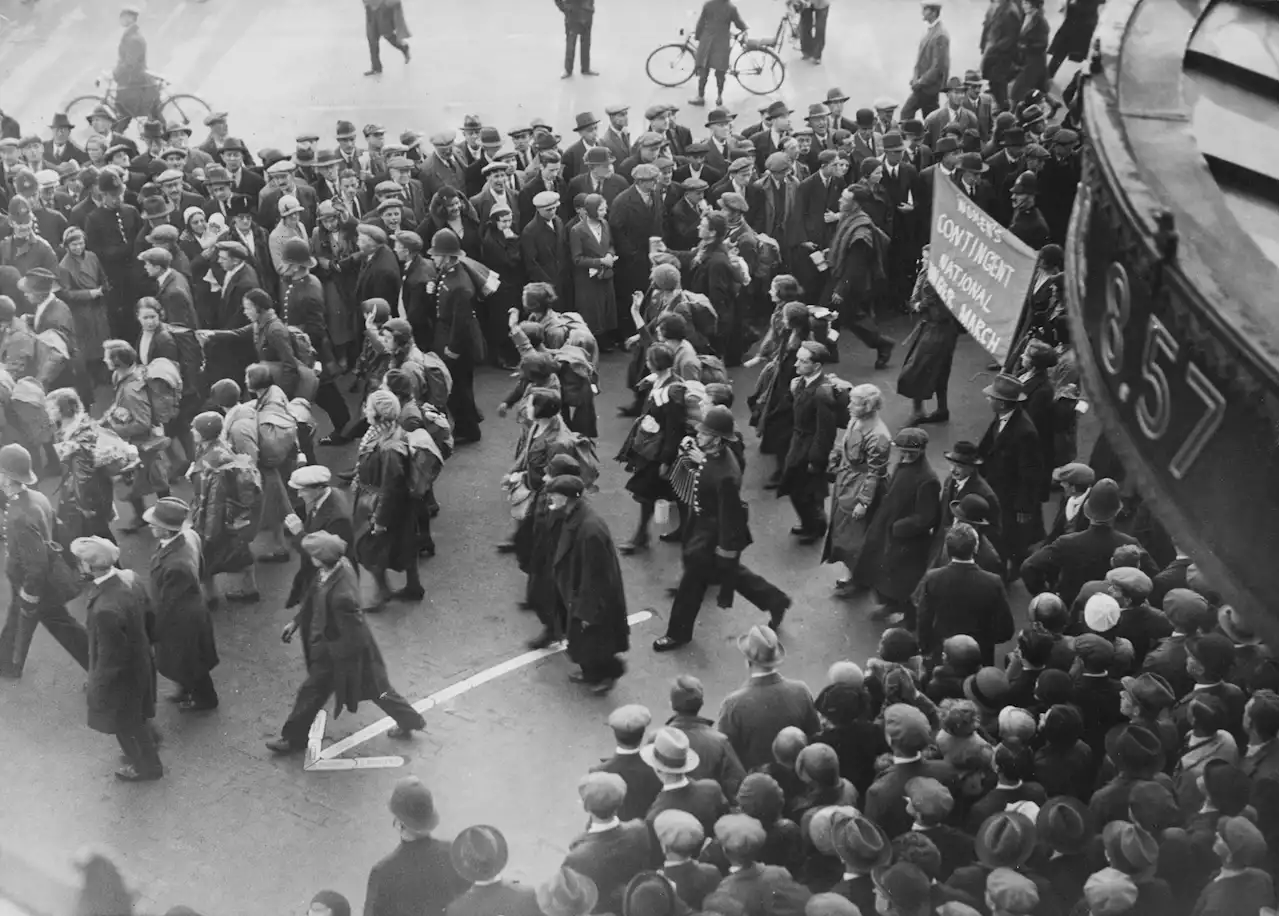💬 'Hunger once led to the beginnings of a welfare state. Today, it has aroused far less action' 🔵 In this week's Feeding Britain, history professor Pat Thane looks at historical attempts to tackle hunger and how today’s measures compare ipaperviews
Unemployment rose above 1 million from 1975 for the first time since the war and inflation grew, largely due to an international rise in oil prices. Yet, contrary to the popular picture of the 70s as a time of strife and depression, from 1974-79, under a Labour government, welfare services and benefits rose to their highest level of the century.
Then from 1979 Margaret Thatcher’s Conservative government was vigorously committed to unfettered free enterprise and dismantling the welfare state. Severe poverty returned. By 1982 unemployment rose above 3 million, the highest level since the 1930s, remaining very high throughout her time in office and that of her successor John Major to 1997. Child poverty rose from about 13 per cent of all children in 1979, to 34 per cent in 1991, due to unemployment and cuts to benefits.
Homelessness and rough sleeping emerged as serious problems. Prices rose, average incomes did not, while top salaries rose sharply and the gap between rich and poor began a rise which hasn’t stopped. Britain was now one of the most unequal societies in the developed world. For very many people, the 1980s was a more dismal decade than the 1970s. Charities did their best to cover the gaps created by a shrinking welfare state.
Since 2010 the Austerity policies of successive governments have made further severe cuts to welfare, poverty has risen to the levels described above and growth continues. Trussell, and others, report increasing demand for food banks, including from people who have never used them before, while donations are declining, perhaps another response to the rising cost-of-living with potentially devastating consequences for starving people.
The extent of food poverty suggests that we have returned to levels and causes of poverty comparable only to the early 20th century. In the 1900s, it led to the beginnings of a welfare state that produced solutions. The worry now is that this time, poverty and malnutrition have arousedPat Thane is Visiting Professor in History, Birkbeck College London
United Kingdom Latest News, United Kingdom Headlines
Similar News:You can also read news stories similar to this one that we have collected from other news sources.
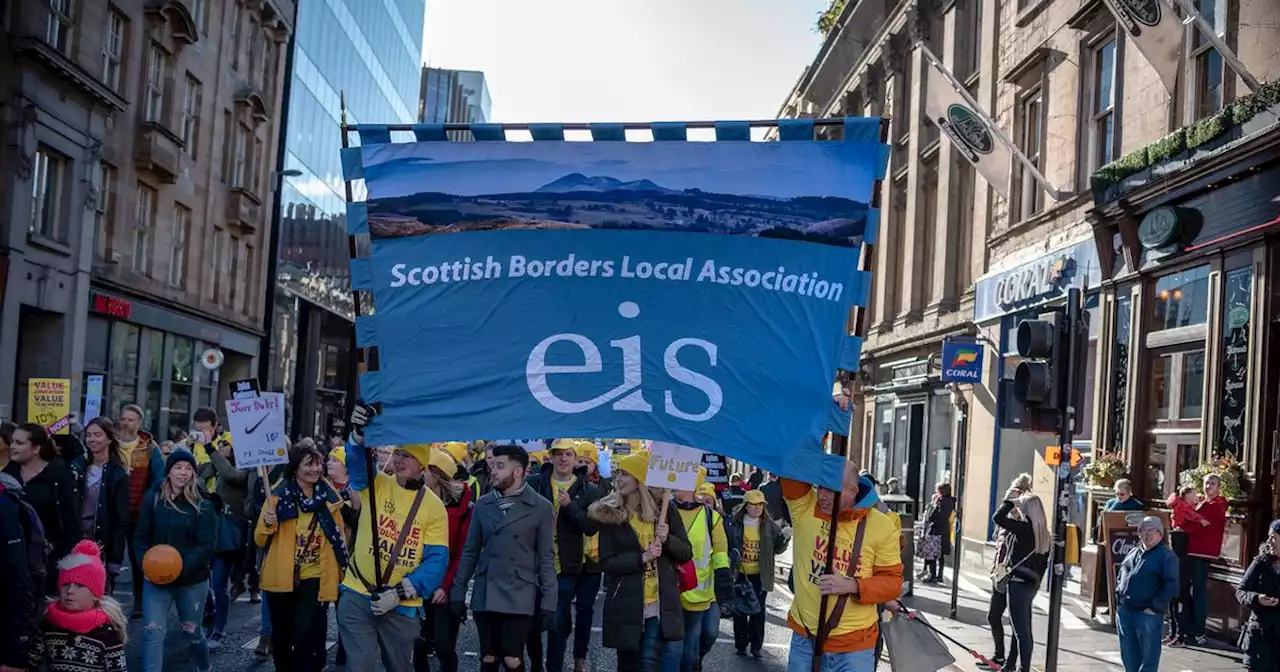 Scotland teaching strikes to begin today as teachers walk out across countryThe action by members of the Educational Institute of Scotland(EIS) is expected to close the majority of schools around the country as they take part in the first national strike since the 1980s.
Scotland teaching strikes to begin today as teachers walk out across countryThe action by members of the Educational Institute of Scotland(EIS) is expected to close the majority of schools around the country as they take part in the first national strike since the 1980s.
Read more »
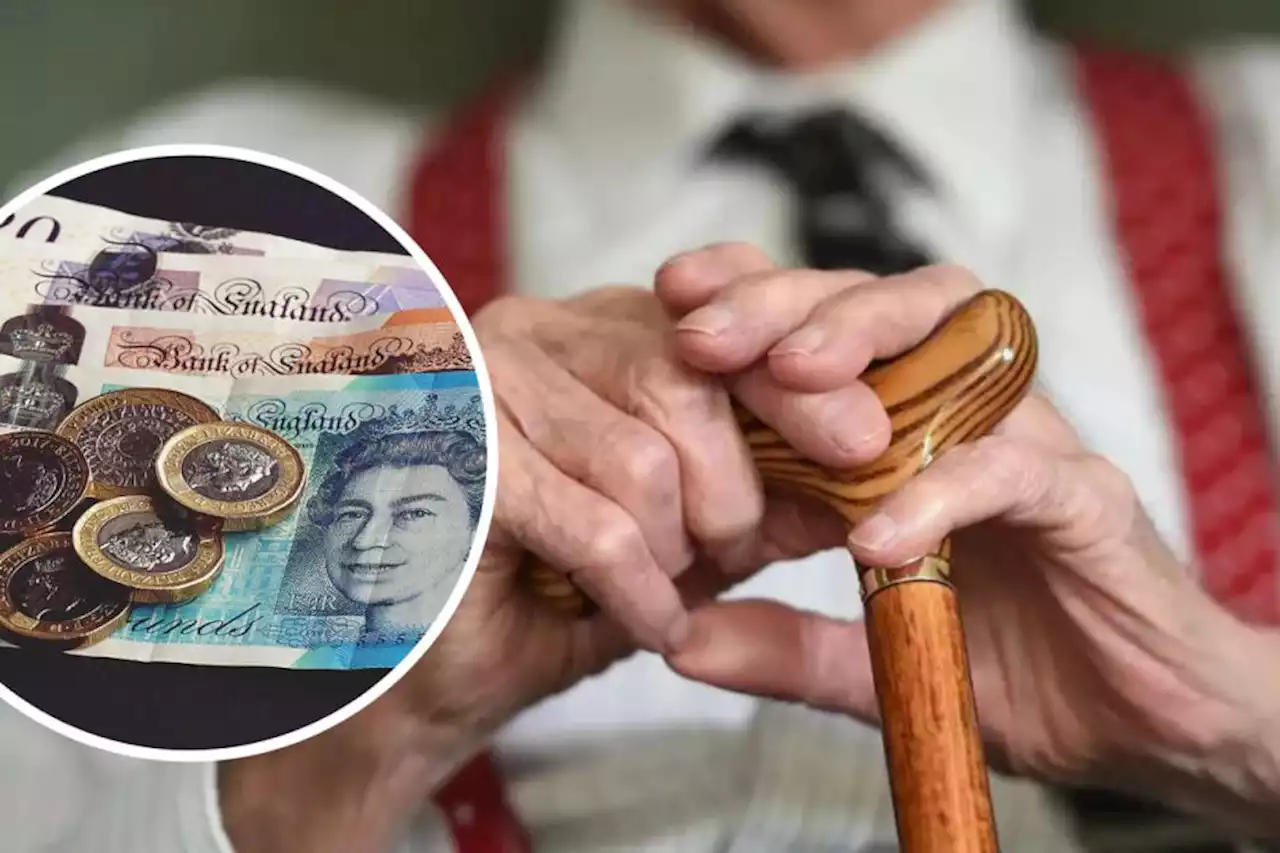 Pensioners to receive £600 to help with energy bills from todayOver 11.6 million pensioners are set to receive up to £600 from Wednesday (November 23) to help with their energy bills this winter.
Pensioners to receive £600 to help with energy bills from todayOver 11.6 million pensioners are set to receive up to £600 from Wednesday (November 23) to help with their energy bills this winter.
Read more »
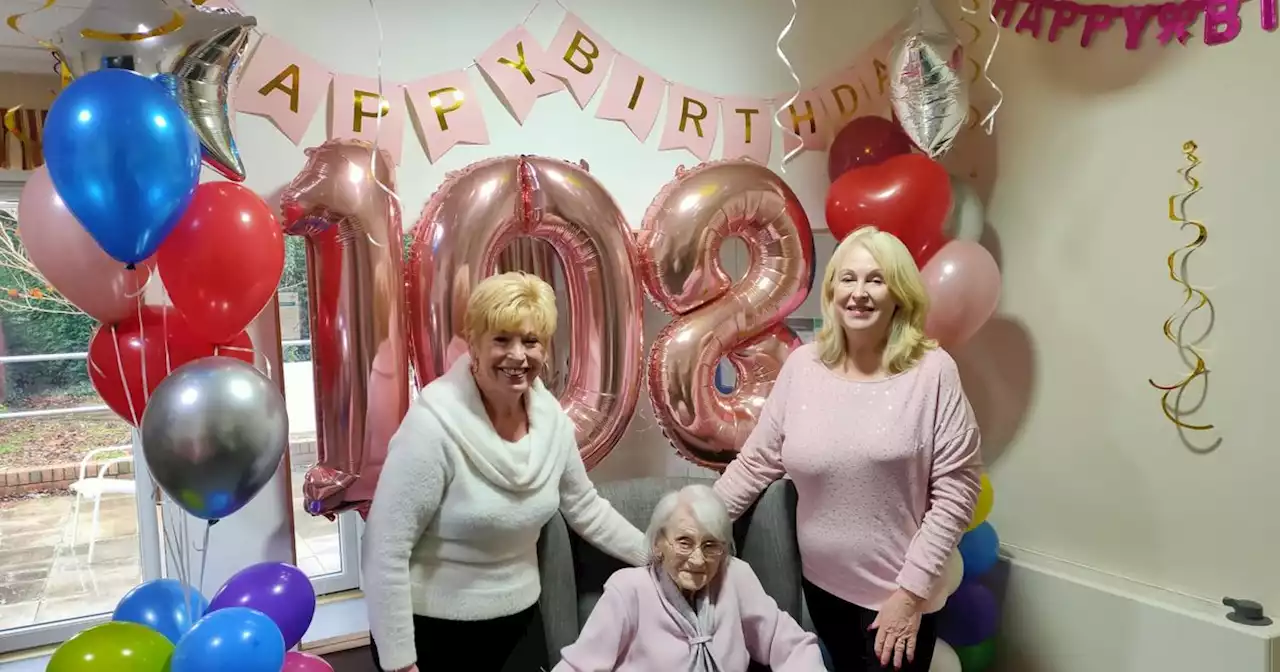 Lancashire's oldest woman turns 108 today and says it was 'quite easy'Jean has lived through two World Wars, five monarchs, more than 20 Prime Ministers, the 1918 Spanish Flu and the Covid pandemic
Lancashire's oldest woman turns 108 today and says it was 'quite easy'Jean has lived through two World Wars, five monarchs, more than 20 Prime Ministers, the 1918 Spanish Flu and the Covid pandemic
Read more »
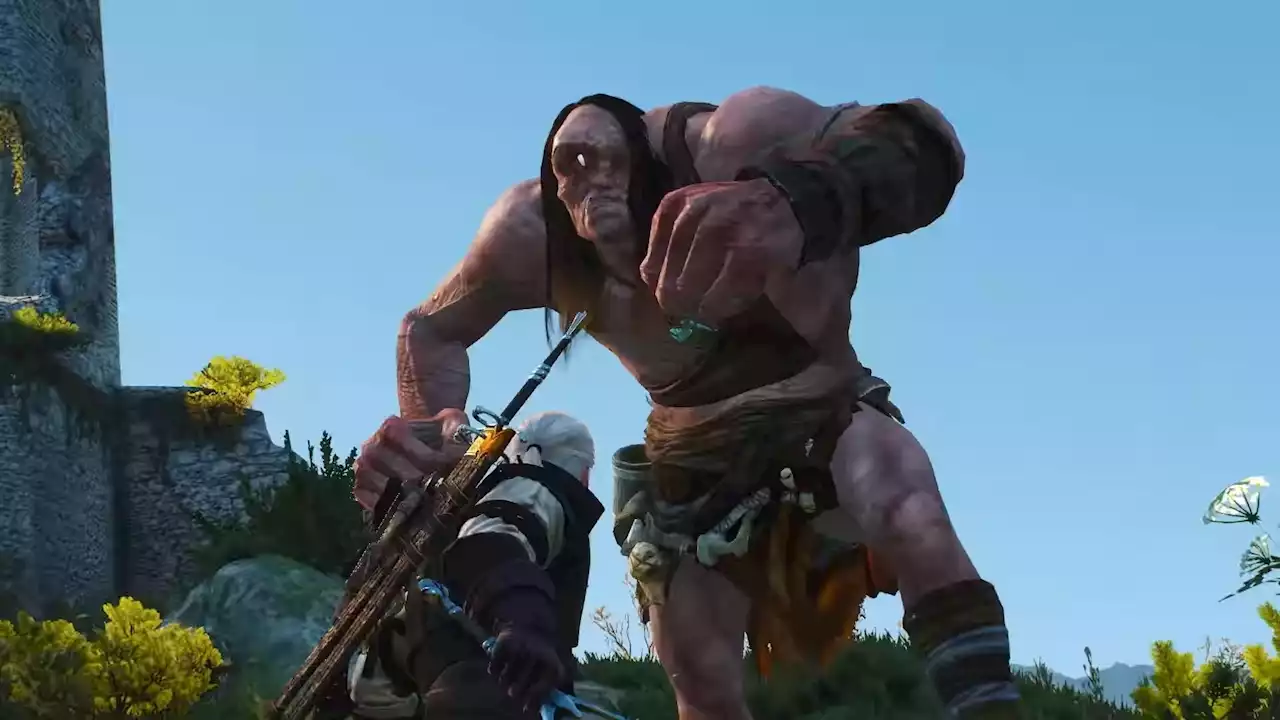 The Witcher 3 to share Xbox Series X|S upgrade details todayCD Projekt Red will reveal gameplay for the Xbox Series X|S upgrade of The Witcher 3: Wild Hunt today, as well as other details about what we can expect with the update.
The Witcher 3 to share Xbox Series X|S upgrade details todayCD Projekt Red will reveal gameplay for the Xbox Series X|S upgrade of The Witcher 3: Wild Hunt today, as well as other details about what we can expect with the update.
Read more »
 More than 11 million people to receive DWP payment of up to £600 from todayThe DWP will begin to rollout Winter Fuel Payments for pensioners from today
More than 11 million people to receive DWP payment of up to £600 from todayThe DWP will begin to rollout Winter Fuel Payments for pensioners from today
Read more »
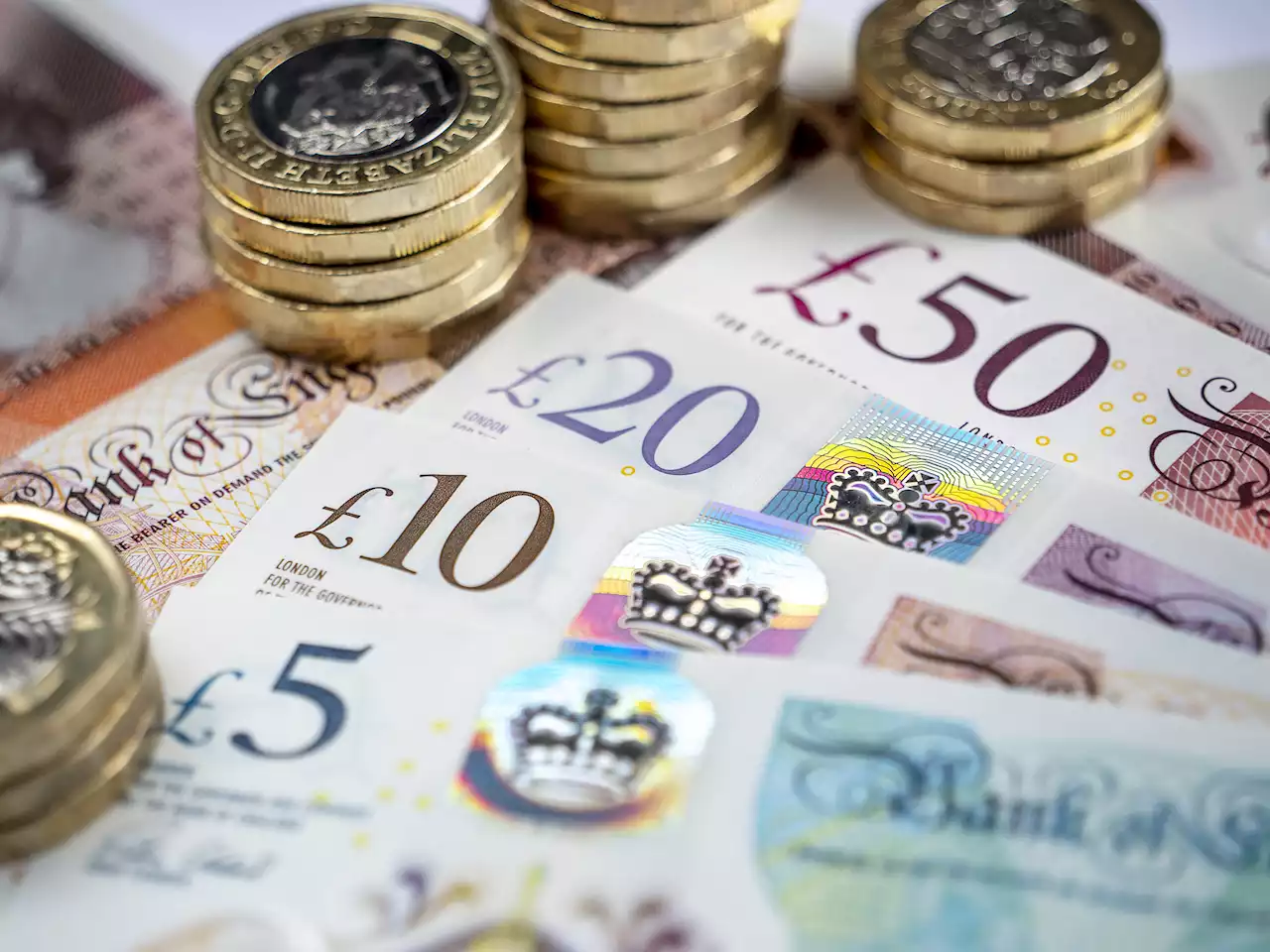 Nearly 12million Brits to get up to £600 in cost of living payments from todayMILLIONS of Brits will start to receive up to £600 each in cost of living payments from today. Over 11.6million pensioners will get the cash paid directly into their bank accounts to help soften th…
Nearly 12million Brits to get up to £600 in cost of living payments from todayMILLIONS of Brits will start to receive up to £600 each in cost of living payments from today. Over 11.6million pensioners will get the cash paid directly into their bank accounts to help soften th…
Read more »
